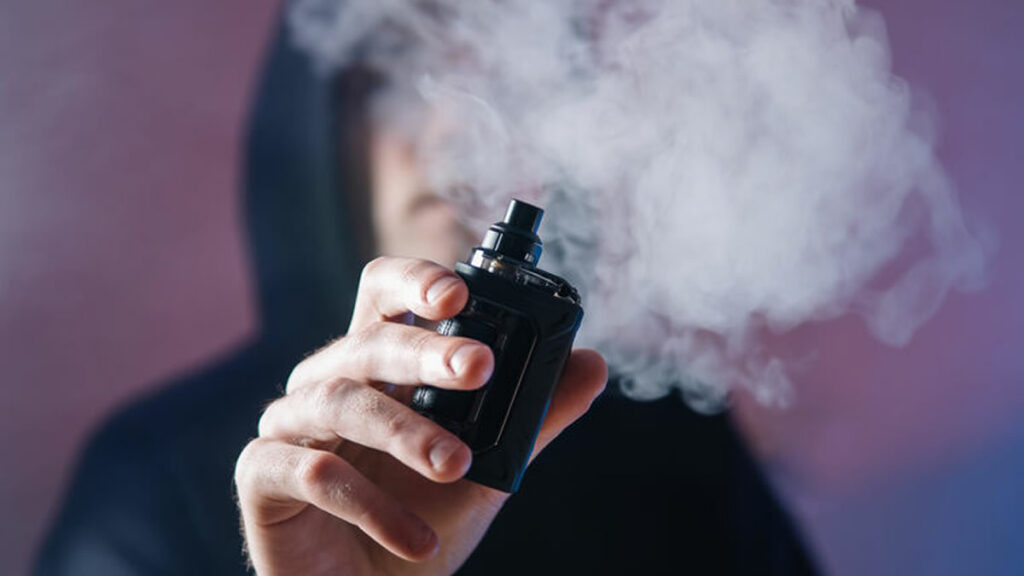Vapes have been found to be almost three times more effective than traditional nicotine replacement therapies (NRT) like lozenges or gum for helping people quit smoking, according to a new clinical trial from the University of New South Wales (UNSW). The study, published in the Annals of Internal Medicine, focused on smokers from socially disadvantaged backgrounds, a priority group with disproportionately high smoking rates.
Researchers recruited 1,045 adults from Sydney who were daily smokers receiving a government pension or allowance and were willing to attempt quitting. Participants were randomly assigned to receive either a free eight-week supply of vapes or standard NRT (nicotine gum or lozenges). After a seven-month follow-up, continuous six-month smoking abstinence was verified with a carbon monoxide breath test.
The results were striking: the continuous abstinence rate in the vaping group was **28.4%**, nearly triple the **9.6%** rate observed in the NRT group. Lead researcher Associate Professor Ryan Courtney stated, “Vapes are not a magic cure, but they are a promising treatment option that leads to higher quit rates than nicotine gum or lozenges for those experiencing social disadvantage.”
Professor Nick Zwar, Chair of the RACGP Smoking Cessation Expert Advisory Group and a co-author, noted the study is further evidence of vaping’s effectiveness as a cessation aid. He also highlighted the importance of using nicotine pod devices, which are widely prescribed in Australia due to their lower risk of accidental poisoning.
However, the study also found that 58% of those who successfully quit smoking with vapes continued to vape, highlighting a new challenge. Dr. Hester Wilson, Chair of RACGP Specific Interests Addiction Medicine, told _newsGP_ that while regulated vapes are “probably much less harmful” than smoking due to the absence of thousands of tobacco-related chemicals, GPs must support patients in eventually quitting vaping as well. She emphasized taking a “nuanced approach” and applying similar cessation processes to help users become free of nicotine entirely.
Dr. Wilson also questioned why the study didn’t include combination NRT (e.g., patches plus short-acting aids), which is often considered the most effective NRT method. She stressed the importance of giving patients “a good enough go” with all available evidence-based cessation tools. The study’s findings arrive as Australian authorities, including the AFP, crack down on the illicit vape market, underscoring the need for effective, regulated pathways for smokers to quit.
- Myanmar Enacts Total Ban on E-Cigarettes and E-Shisha - February 25, 2026
- UK Announces Mandatory Vape Tax and Duty Stamps from 2027 - February 10, 2026
- Sri Lanka Travel 2026: Total Ban on Cigarettes & Vapes - February 5, 2026


